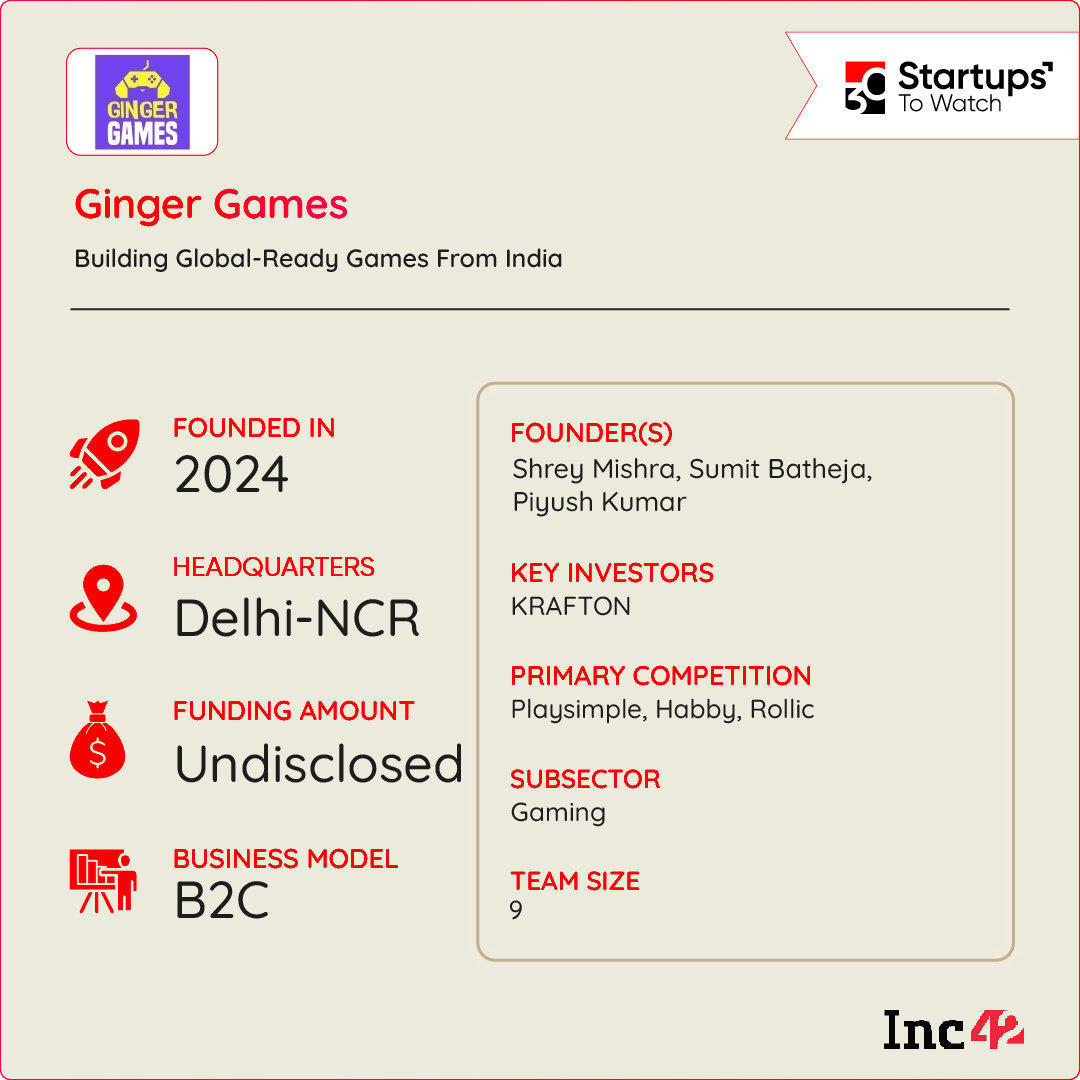The fourth quarter turned out to be a mixed bag for Honasa. The listed D2C unicorn saw its profits shrink as rising revenues were offset by an uptick in expenses and thinning margins.
In Q4 FY25, Honasa Consumer’s consolidated net profit declined 18% YoY to INR 25 Cr while revenue from operations rose 13.3% YoY to INR 533.6 Cr.
Here are some quick takeaways from Honasa’s complete FY25 show:
- Net profit declined 34.2% YoY to INR 72.7 Cr
- Operating revenue grew 7.6% YoY to INR 2,066.9 Cr
- EBITDA margin declined 3.8 percentage points to 3.3% from 7.1% in FY24
Honasa’s FY25 Woes: Notably, FY25 was a rollercoaster ride for the company as it temporarily lost its unicorn status last year. During the year, it was seen grappling with challenges such as slowing consumption and growth, a bevvy of legal cases with stockists due to alleged stockpiling, dwindling brand equity and a pivot to a new distribution model.
Project Neev Takes Shape: The house of brands is in the process of transitioning to its new direct distribution model across India’s top 50 cities. Consequently, the company’s direct distributors accounted for 71% of the total inventory in Q4 FY25, up from 38% in the year-ago period.
Silver Lining: Steadily scaling its offline distribution, Honasa billed 1.2 Lakh unique outlets in FY25. This helped the umbrella brand, The Derma Co., reach INR 100 Cr in annual recurring revenue from offline channels as of March 2025.
Despite macro headwinds and internal challenges, Mamaearth’s stock is up 7.9% year-to-date but is still half of its all-time high of INR 546.50 in September 2024. With Q4 numbers out, all eyes are on how markets react to Honasa’s profit dip, margin pressure, and distribution pivot. Here’s a look at
From The Editor’s Desk: The listed EV maker’s board has approved a proposal to raise the funds via NCDs, term loans and other eligible debt securities. This will be Ola Electric’s maiden fundraise since its INR 6,145 Cr+ public listing in August last year.
: The VC firm has launched an early stage fund to back startups across sectors, including consumer tech, fintech and GenAI. The fund aims to back around 25 startups with an average ticket size of INR 10 Cr to INR 25 Cr.
: The B2B travel tech company’s net profit surged 27% to INR 58.9 Cr in Q4 FY25 from INR 46.4 Cr in the year-ago period. The company’s operating revenue also rose 21% YoY to INR 446.1 Cr during the quarter under review.
: The deeptech startup has raised the capital in its seed round led by Physical Intelligence’s founder Lachy Groom. The startup assists farmers and scientists in utilising dormant lands as carbon removal sinks.
: The education-focussed NBFC’s board has passed a resolution to appoint former Bajaj Finserv COO Rakesh Bhatt as an independent director. Last year, the company received SEBI’s approval to float its INR 3,500 Cr IPO.
: The contract manufacturing company has converted into a public entity. This follows the company’s board giving its nod to change the name to ‘Aequs Limited’ from Aequs Private Limited. Aequs plans to raise $200 Mn via IPO this year.
: The listed fintech major has roped in Magnati’s founding chief executive Ramana Kumar as the CEO for its Middle East business. This comes after Paytm set up a wholly owned subsidiary in the UAE through Paytm Cloud Technologies.
The homegrown OTT platform managed to generate INR 100 Cr in revenues in FY24 and 2 Mn subscribers, all while being profitable. Delve into how the startup has managed to do all this with one singular focus – sexual content.
Inc42 Startup Spotlight Can Ginger Games Put India On The Global Gaming Map?Traditionally, India is little known for developing high-quality, globally monetisable games. To change this, school friends Sumit Batheja and Shrey Mishra founded Ginger Games in 2024. Their vision was simple — make games in India for the world.
Unlocking Value With AI: Ginger Games is a gaming startup focussed on building immersive, monetisation-first casual games. It is developing a portfolio of hybrid-casual titles with a focus on player engagement and strong monetisation mechanics.
The startup’s key USP is that it deploys AI across various production areas — from procedural content generation to creating dynamic, realistic non-player character behaviours – to enhance game development at scale. The studio plans a soft launch of its debut title, Monkey Mayhem, in February 2026.
Betting On India’s Burgeoning Gaming Market: Ginger Games is part of India’s rapidly growing gaming sector, which has one of the largest user bases in the world, driven by increasing internet and smartphone adoption. According to a report, the domestic online gaming market is expected to reach a $266 Bn valuation by 2028.
While it is counting on the experience of its founders a0nd backing from KRAFTON to outshine its peers, the bigger question is —

The post appeared first on .
You may also like

If we keep raising doubts, when will we celebrate our armed forces: Manoj Muntashir's swipe at Opposition

Circus horror as gymnast, 22, plummets to ground in fatal 'Wall of Death' accident

Coronation Street star announces shock exit after 11 years in huge plot

RSV may raise risk of in-hospital cardiac events than flu, Covid in adults: Study

Will FATF Reassess Pakistan's Status? India Pushes for Grey Listing Amid Rising Tensions







